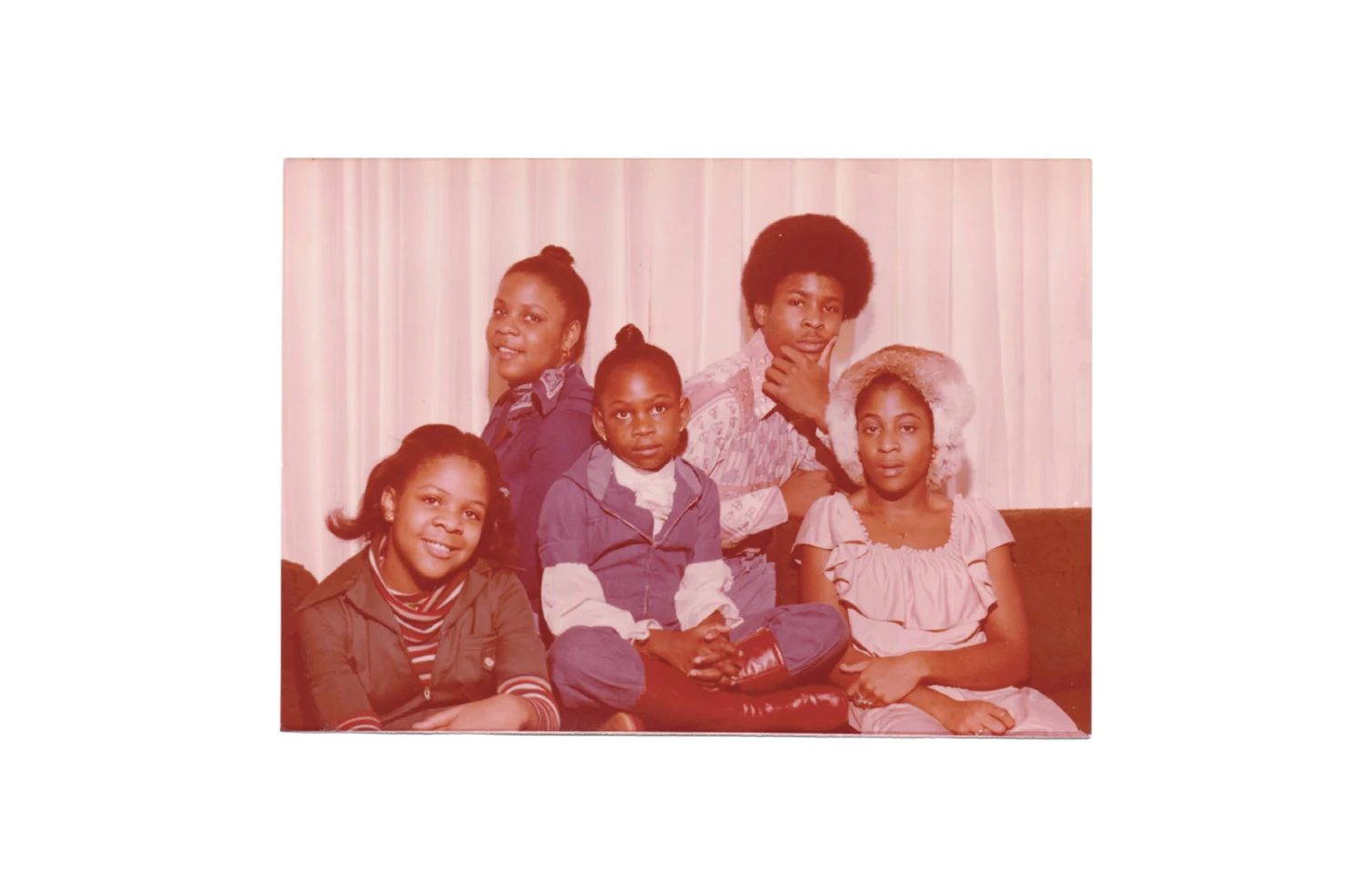*!@#! bleep!
“Ain’t nobody prayin’ for me.”
FEEL. Song/Lyrics by Kendrick Lamar
A STORY
Like it or not, we Christians are known for being easily offended. Which to me is really a shame, because our fragility causes us to protect our point-of-view (or worldview, as we so often hear it called within Christian circles) by any means necessary. Our opinions about movies, books, music, TV shows, fashion, social media—really all things in secular culture—are pretty much the only opinions that we are willing to take in.
I can’t tell you how many times I’ve wanted to recommend a book, or song, or movie to a fellow Christian but was hesitant because I wasn’t sure if they’d be offended by the artist’s use of language or choice of subject. I also wasn’t sure how harshly they might judge me for allowing myself to keep company with the secular. Would my faithfulness be called into question? The answer is yes. Because of my preference to eat at the secular table, many Christian friends and relatives have often called my faithfulness and my salvation into question.
Believers and non-believers alike have heard that Jesus hung out with sinners. We all know the stories about Him eating with the lowlifes. We hear these stories, and yet we're still divided by the things we deem Christian and non-Christian, acceptable and unacceptable. Though we have no trouble going into the inner city to wash the feet of sinners by way of soup kitchens and care clinics, rarely if ever do we want to embrace such lowlifes as friends.
I see this all the time with many Christians when it comes to hip hop culture. We’re okay dancing to certain songs at a wedding or office party (MC Hammer’s You Can’t Touch This and OutKast’s Hey Ya!) But that’s as far as we’ll go because we don’t want to sully our worldview. We’ll allow our kids to dab to The Black Eyed Peas' I Gotta Feeling. However we’d never consider allowing them to listen to Kendrick Lamar’s DNA from his Pulitzer Prize winning album, DAMN., which could perhaps lead to having a real discussion about the life and times of young African American men in America today.
It leads me to a question for us all to answer: If Jesus sat and dined with thugs, lowlifes and roughnecks, why won’t we?
On July 6, 2016, Philando Castile was pulled over for a traffic violation and shot seven times by the police officer. Castile died, and the video of his death went viral. Black Americans were inconsolable. We all have fathers, brothers, cousins, nephews or sons, who easily could have been Philando. The problem was that many of us work and live in all-white spaces, and so we returned to our jobs, schools, and churches feeling alone in our mourning. Even worse, many of us had to defend our right to mourn to white colleagues and friends who were either indifferent or in defense of the police officer’s actions. Sadly, this was not the first time we’d been in this position. We faced the same conflict with the murders of Oscar Grant, Trayvon Martin, Tamir Rice, Michael Brown Jr., Eric Garner and way too many more.
The bible is full of gangstas, thieves, opportunists and felons that we easily accept as the fathers and mothers of our faith. Just check out Jesus’ family tree as His genealogy is laid out in Luke 3:23-38. Reading this passage, we can see that the journey towards faith and salvation is messy and bred of the secular. Yet Christians create endless reasons not to engage in secular culture. And thus many white Christians have a hard time reading the names of the young black men and children listed above as beloved and deserving of our grief. To their minds they aren't being racially biased or insensitive because it's the one narrative they believe about young black men from an urban demographic. It’s a conundrum that I think could be helped if only white Christians could begin to hear more of the stories that represent the real life experiences of the profiled and killed.
The Pultizer Prize board said of Lamar, “Storytelling has been Lamar’s greatest skill and most primary mission, to put into (lots of) words what it’s like to grow up as he did—to articulate, in human terms, the intimate specifics of daily self-defense from your surrounding.” There is no mention of Lamar’s use of explicit language or any buyer-beware tag to their decision. Compare that to a review of Lamar’s DAMN. by a Christianity Today article that ends with, “DAMN. contains a high amount of explicit language; however, a clean-lyrics version of the album is available.”
Are Christians unable to believe the real stories about the Black American experience that go viral because our ears can’t bear to hear stories being told in the explicit lyrics of many of the greatest hip hop artists of all time? Will we continue to refuse to listen to their stories because we are offended by the way in which they express themselves? Does our censoring of the black narrative censor the completeness of the biblical story?
CONTEMPLATION
1. In his TEDxNorthPark talk, Dr. Daniel Hodge says, “Hip Hop is an urban subculture that seeks to express a lifestyle, attitude, and or urban individuality. Hip Hop is a vehicle of social, cultural, and political resistance to dominate structures of norms. It begins to validate the actual existence of the ghetto poor reality as real and actually about something.” Does choosing to only listen to the clean-versions of hip hop songs make the reality of the “ghetto poor” less real or less valid?
2. Can the secular be sacred? Can the sacred be profane?
3. Is it possible that the disconnection of the American evangelical church to secular things in culture—such as certain hip hop songs with explicit lyrics—disconnect us to real stories in the news about the black experience and police brutality?
4. Do you listen to music, watch TV shows/movies, read books, or engage with media that use explicit language? If so, how do you reconcile your choice to do so to your faith? If not, how do you reconcile your choice not to do so to your faith?
5. In his book, The Soul of Hip Hop: Rims, Timbs and a Cultural Theology, Daniel White Hodge writes, “Please note, there is language that some might deem as profane and/or offensive. For those who do find it that way, please try to look beyond the obvious offense and look into the context and meaning of what is being said.” At what times are you able to look beyond things that you find offensive or profane, in order to understand or relate to its meaning?
MORE
Hip Hop’s Hostile Gospel by Dr. Daniel White Hodge, TEDx North Park University
Kendrick Lamar’s Duel with Damnation by Matthew Linder, Christianity Today
How the Pulitzers Chose Kendrick Lamar, According to a Juror by David A. Graham, The Atlantic










